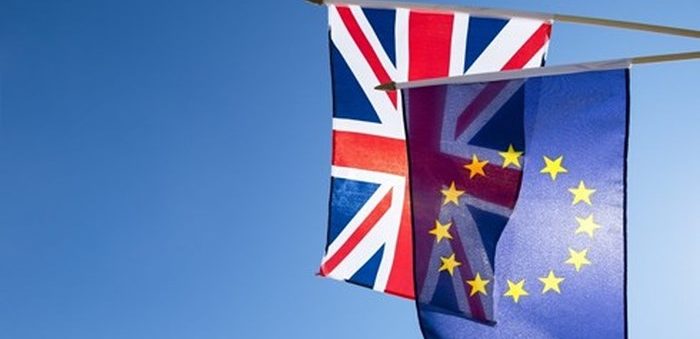Maritime UK and BPA welcomed UK’s government Brexit White Paper. As they both say, this White Paper will ensure the free flow of trade between the EU and UK borders, which remains amongst Brexit’s major concerns.
As Maritime UK noted it welcomes this development, as it was concerned that leaving the EU could disrupt the flow of trade at ports.
This white paper, if realised, would preserve the free flow of trade at our borders with the EU.
It also welcomes the ambition to achieve mutual recognition of professional qualifications, free movement of staff to ensure our companies have access to the best talent, and continued participation in European initiatives such as the European Maritime Safety Agency.
[smlsubform prepend=”GET THE SAFETY4SEA IN YOUR INBOX!” showname=false emailtxt=”” emailholder=”Enter your email address” showsubmit=true submittxt=”Submit” jsthanks=false thankyou=”Thank you for subscribing to our mailing list”]
However, the negotiations are still ongoing, and Maritime UK called for the UK to apply the White Paper.
In addition, BPA also welcomed the White Paper, as it mentioned that it enables the continued frictionless trade between the UK and the EU.
Commenting on the developments, the British Ports Association’s Chief Executive, Richard Ballantyne said:
If agreed, this concept would avoid the need for customs and other frontier checks and would ensure that borders remain fluid. It would therefore address the concerns about queues and congestion at ports.
BPA added as well that free circulation for goods will now be possible, as the UK will align its customs rules with the EU.
The White Paper says, an agreement must include provisions which will make sure that the trade will be both open and fair. So, the UK Government is proposing mutual commitments that would ensure UK businesses could carry on competing fairly in EU markets, and EU businesses operating in the UK could do the same. These include:
- Participation by the UK in those EU agencies that provide authorisations for goods in highly regulated sectors;
- The phased introduction of a new Facilitated Customs Arrangement that would remove the need for customs checks and controls between the UK and the EU;
- In combination with no tariffs on any goods, these arrangements would avoid any new friction at the border;
- New economic and regulatory arrangements for financial services, preserving the mutual benefits;
- A new framework that respects the UK’s control of its borders and enables UK and EU citizens to continue to travel to each other’s countries, and businesses and professionals to provide services;
- Provisions that guarantee an open and fair trading environment – committing to apply a common rulebook for state aid, establishing cooperative arrangements between regulators on competition, and agreeing to maintain high standards through non-regression provisions.































































